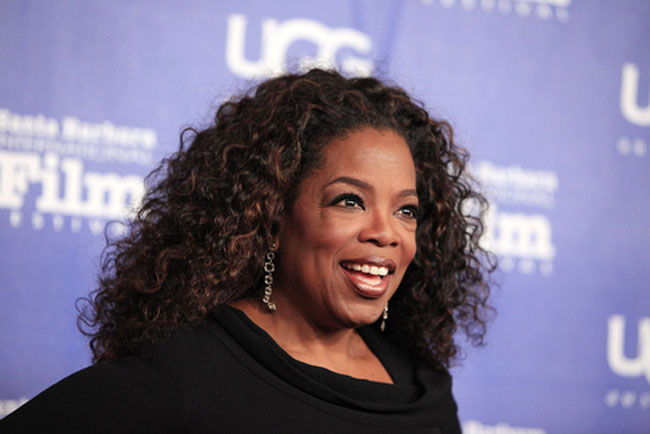 While celebrity endorsement can be helpful, having strong and distinctive brand assets is vitally important for any brand, writes Malcolm Sheil.
While celebrity endorsement can be helpful, having strong and distinctive brand assets is vitally important for any brand, writes Malcolm Sheil.
We want our brands to stand out, we want people to recognise it, we want consumers to know who we are and what we’re about as soon as they see the slightest reminder of our brand.
There’s no doubt a lot of marketers dream about seeing their brand reach ‘celebrity status’. Hoping to achieve that, many resort to actual celebrities in the hopes of leveraging as much attention and recognition to their brand as possible.
Endorsements and other deals are some of the ways celebrities interact with brands in what should, in theory, be a mutually beneficial agreement. The celebrity gets a good deal, and the brand can use their fame to drive brand growth. The power of celebrities can’t be dismissed, they can increase salience and revenue, but are also a far less sustainable pathway for long-term brand growth.
So, we need to ask ourselves: do brands really benefit from celebrities?
In an ideal world, celebrities would become part of a set of distinctive brand assets (DBAs), like the brand’s logo, colour, characters, and music. These would then be immediately recognisable, and the brand would have a comfortable spot at the top of the consumer’s mind. In reality, what we see are consumers that are very strongly attached to these celebrities, in a way that is almost impossible to replicate for a normal brand.
Celebrities are so unique because of the way consumers become attached to them. This happens in a way similar to how a child would attach to their parents, meaning the attachment is a product of a need to satisfy emotional security. Consumers attach to human brands based on attributes like relatedness, competence and autonomy (Thomson, 2006). What this basically means is that a combination of these three attributes determines the strength of the attachment to the human brand, and these can vary depending on the industry of the human brand. Take one of the world’s most successful human brands for example: Oprah.
Oprah has created several successful brands and best-selling authors by just mentioning them in The Oprah Winfrey Show. Looking at the Oprah brand through the three attributes mentioned earlier gives us some clarity as to how she was able to do that. She weaved a delicate balance between competence and autonomy, by guiding her viewers and influencing them to buy the products she endorsed, but still allowed them enough autonomy to make their own decision. She was charismatic enough to make consumers relate to her, but also managed to become somewhat of a leader figure for them. Mixing these three together means a celebrity redirects the attachment from themselves to a brand or brands of their choosing.
No one can deny the appeal of using a celebrity and the strong attachment consumers have to it in order to boost brand growth, but there are some things to watch out for.
For a start off, the celebrity/human brand has values and attributes that are aligned to what the target of the marketing is as well as with the overall brand, if they don’t match its unlikely any positives would even come from leveraging the attachment in the first place.
Secondly, it’s essential that marketers have a clear understanding of their current position in the market when it comes to their DBAs. If everyone is talking about the celebrity but not our brand, then what was the point? Again, this is very appealing for companies looking for an influx of revenue for example, but as marketers it’s our job to warn of the long-term consequences of dissolving brand assets and letting them fade into the background.
Brand management is key, frequent research and attention to detail can make all the difference when you’re managing a core brand’s relationship with a celebrity brand.
Assessing your DBAs periodically means you are in a better position to make decisions on how much focus you want to place on the celebrity. That might be the biggest danger here: consumer-fans will be loyal to the celebrity, not your brand. If they go, consumers will follow. Until a brand is secure enough to have reached their own celebrity-status, this is something that should always be in the back of our minds.
Finally, a strong DBA is one that is both unique and famous, the former being the priority for most marketers these days. So, if celebrities are catching all the attention of consumers, changing endorsements, or even damaging their own attachment strength, we need to ask ourselves whether this is actually a viable path for brand growth. Are they actually unique, or are they just famous?
REDC Research has, for many years, carried out extensive research into DBAs for the top brands in the country. Such research would benefit any marketer looking to investigate the position of their brand in the minds of consumers and whether a human brand would be of any benefit at all.
Malcolm Sheil is a research executive with RED C





















